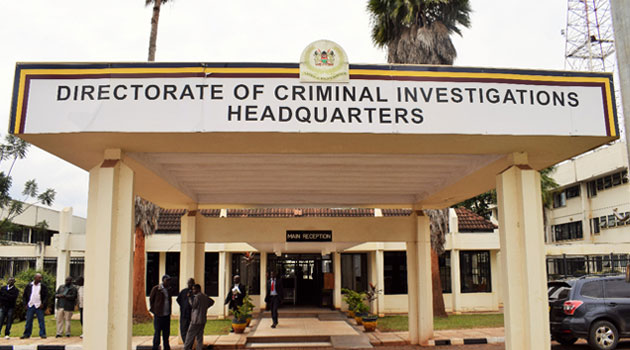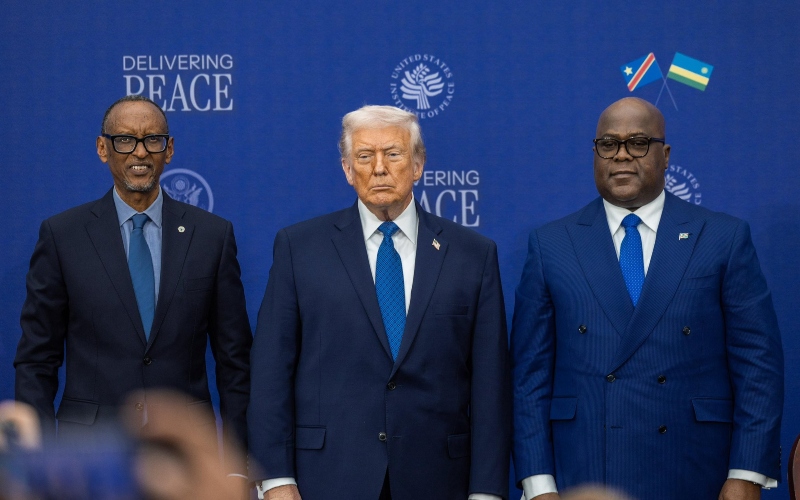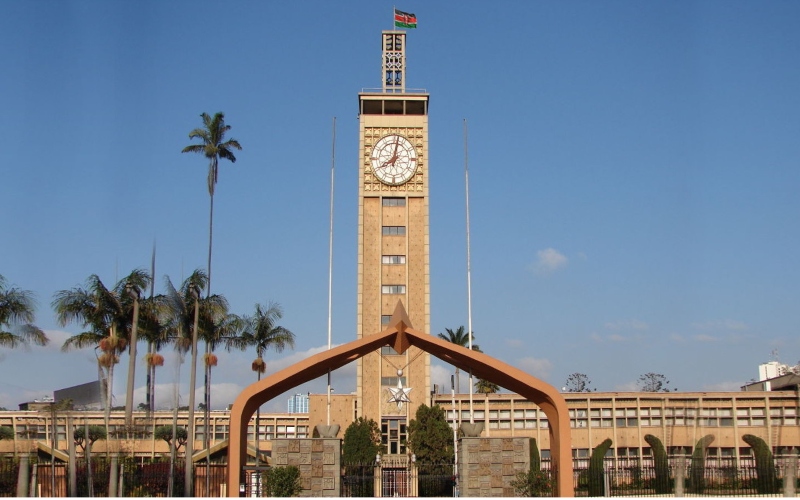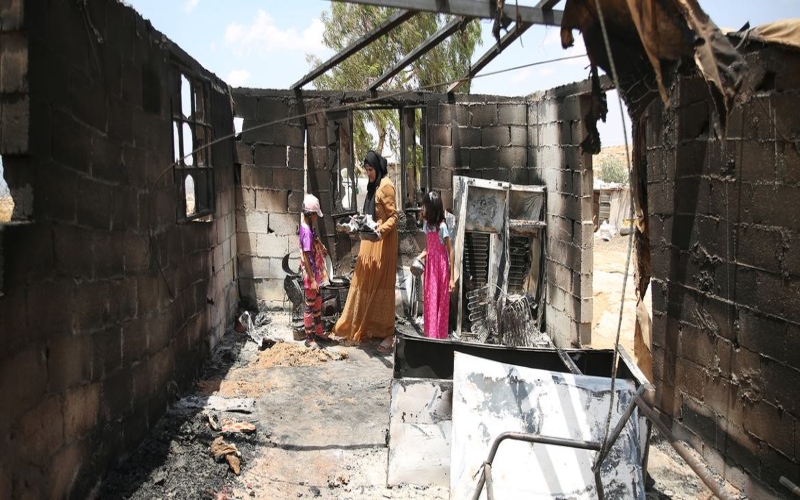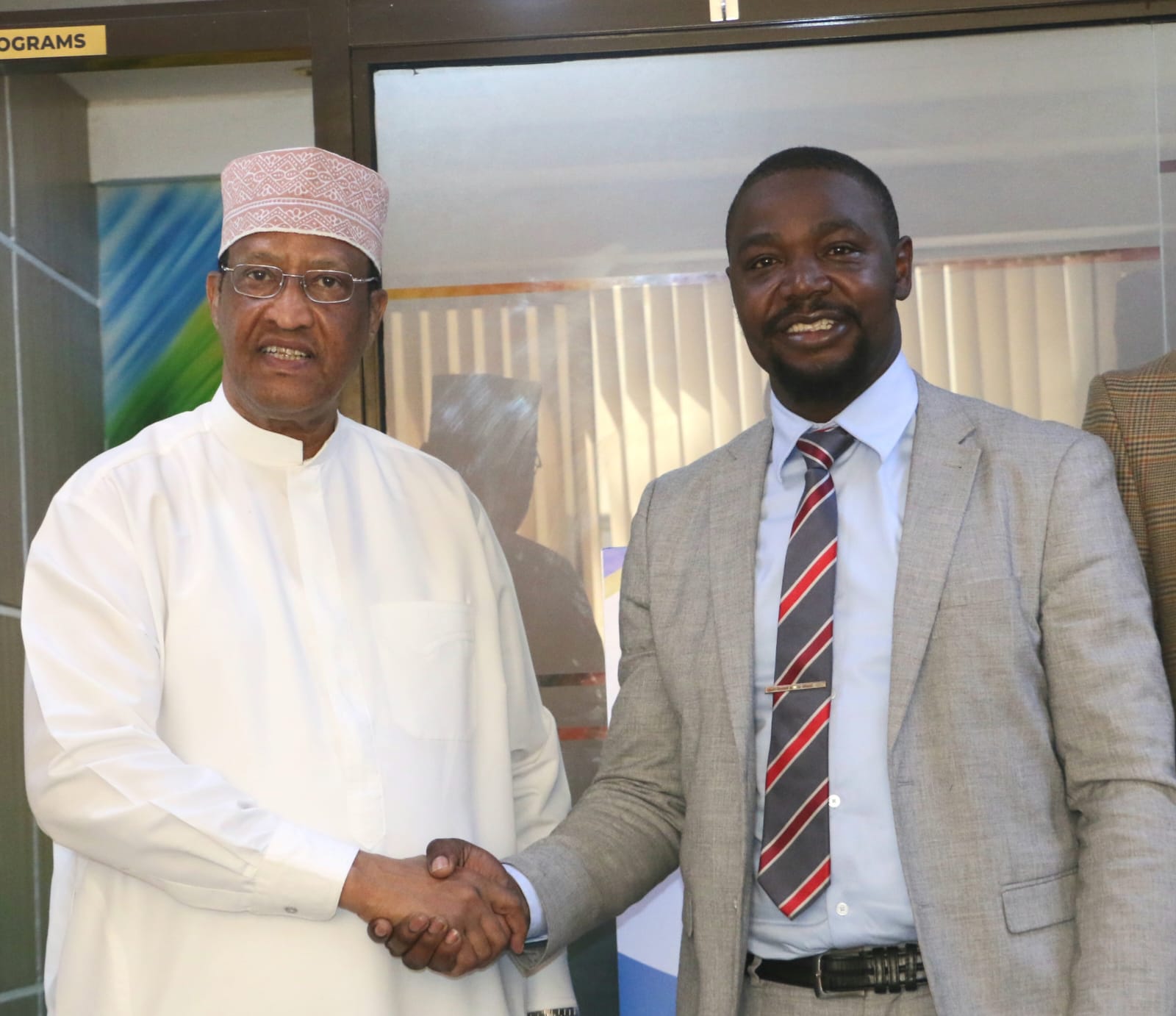Human rights commission launches inquiry on business impact on indigenous people
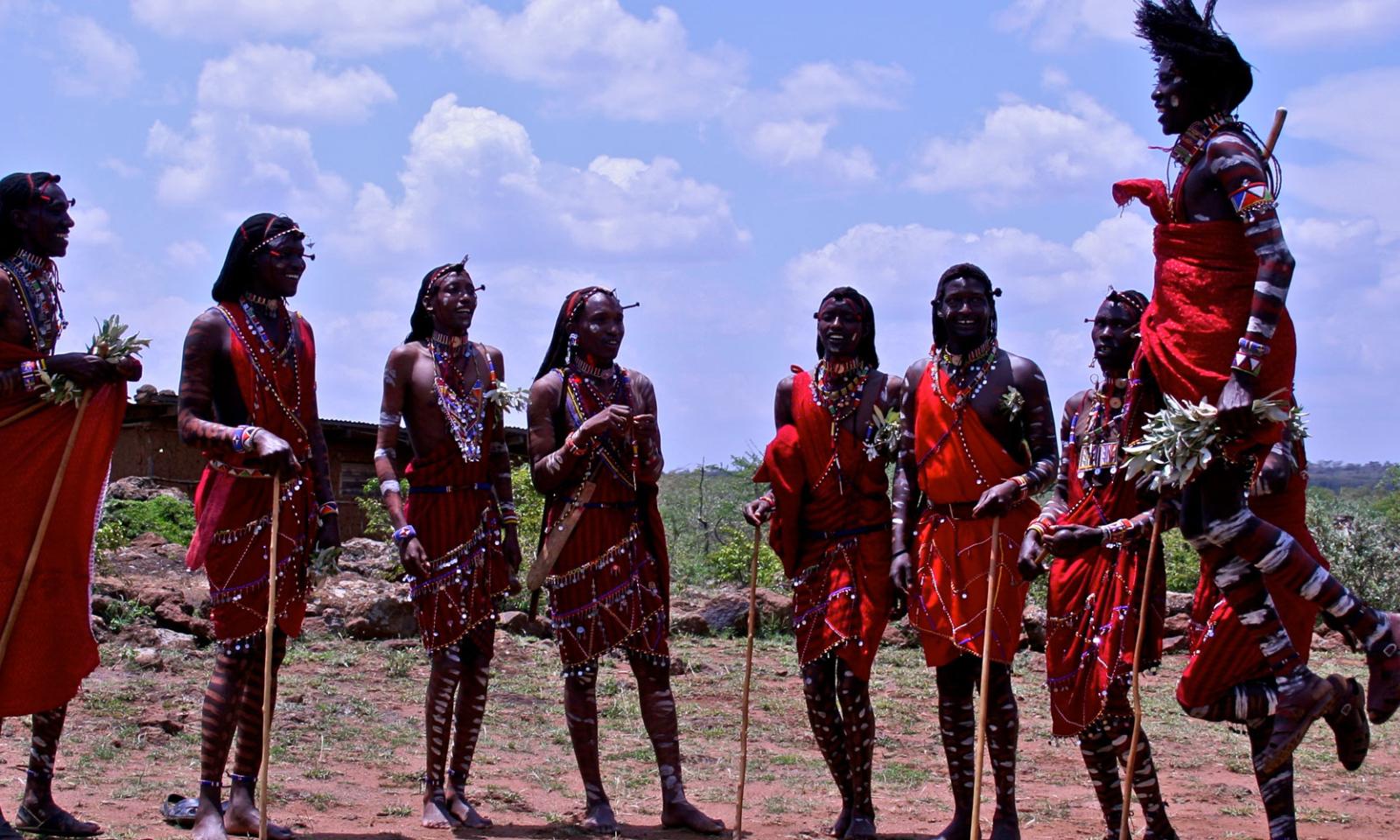
The commission has encouraged members of the public, civil society organisations, business actors, and other stakeholders to participate in the inquiry by submitting written memoranda or attending public hearings to provide oral evidence.
The Kenya National Commission on Human Rights (KNCHR) has announced a public inquiry and investigative hearing on the impact of business operations on the rights of indigenous people in Kenya. These hearings will take place from July 22, 2024, to August 9, 2024, and will focus on the counties of Turkana, Baringo, Laikipia, Isiolo, Marsabit, Tana River, Lamu, Kajiado, West Pokot, Nandi, Nakuru, and Elgeyo Marakwet.
The commission has encouraged members of the public, civil society organisations, business actors, and other stakeholders to participate in the inquiry by submitting written memoranda or attending public hearings to provide oral evidence.
More To Read
- 2 per cent of Kenyans own over half of the country’s arable land - KHRC report
- Black wattle as firewood: How South African communities are putting invasive species to work
- KHRC raises alarm over police surveillance of Human Rights Watch official
- KHRC, civil rights organisations highlight governance failures on Katiba Day
- KHRC calls for disbandment of Ruto’s protest victims compensation framework
- Rights groups demand justice after Del Monte guard allegedly kills vegetable vendor
The commission has been at the forefront of investigating complaints by Indigenous people about violations of their fundamental human rights and freedom, ensuring meaningful participation and genuine consultation in all public activities, among other safeguards.
The climax of the hearing will be during the celebration of World Indigenous People's Day, which will be held on August, 9.
Their visibility and ability will be highlighted to others. Normally, these particular groups reside in inaccessible areas, are geographically isolated, and face various forms of marginalisation, both politically and socially.
According to the commission, they are subjected to domination and exploitation within national political and economic structures that are commonly designed to reflect the interests and activities of the national majority, thereby violating their human rights and preventing them from truly participating in decisions about their future and forms of development.
Top Stories Today

